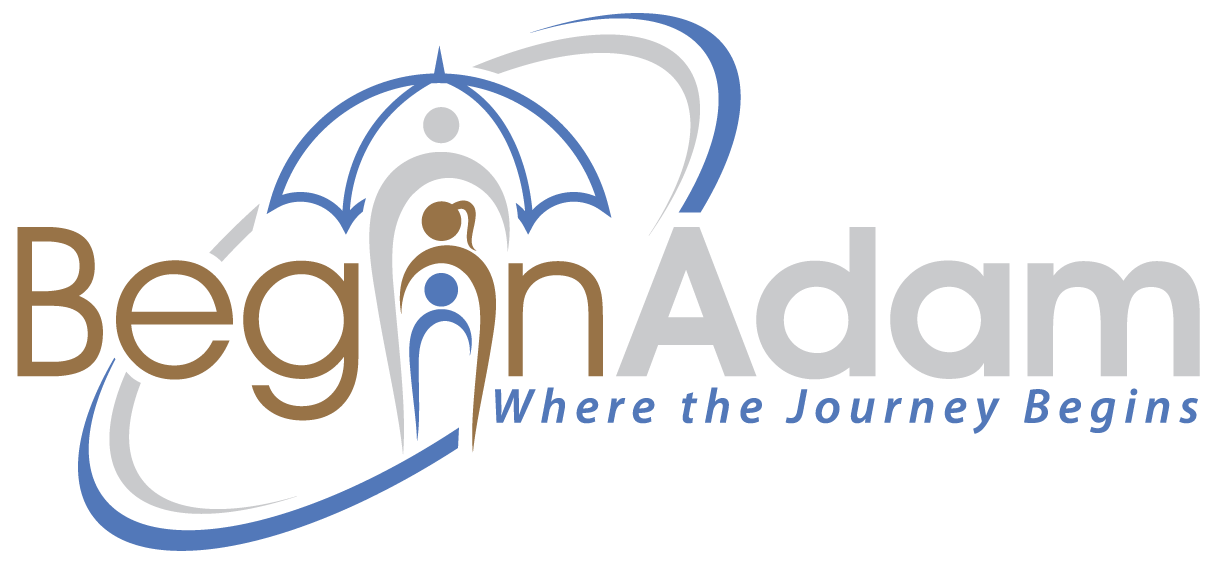In today’s complex healthcare landscape, finding the right insurance plan can be a daunting task. For individuals seeking a faith-based approach to healthcare coverage, Christian Health Care Ministries (CHCM) offers a unique solution. Here, we aim to demystify the options available within CHCM, empowering you to make an informed decision regarding your healthcare coverage.
Understanding Employer-Sponsored Health Insurance
Employer-sponsored health insurance remains a prevalent choice for individuals receiving coverage through their workplace. It encompasses various subtypes, each with distinct features tailored to specific preferences and needs.
- Health Maintenance Organization (HMO)
HMO plans to establish a network of healthcare providers, requiring individuals to designate a primary care physician. Specialized care necessitates referrals from this primary physician, ensuring coordinated and cost-effective treatment.
- Preferred Provider Organization (PPO)
PPO plans offer greater flexibility compared to HMOs. They allow individuals to seek care both within and outside the designated network. However, venturing out of the network often incurs higher out-of-pocket expenses.
- Point of Service (POS)
POS plans to strike a balance between HMOs and PPOs. They mandate the selection of a primary care physician while permitting visits to out-of-network providers, albeit at a higher cost. a POS plan offers a bit more flexibility than an HMO, but not as much as a PPO. It combines the structured approach of an HMO with the option to see specialists directly, even if they’re not in the plan’s network.
- Exclusive Provider Organization (EPO)
EPO plans, similar to HMOs, establish a network of healthcare providers. Notably, they do not compel individuals to choose a primary care physician. Coverage for out-of-network care is typically limited.
Exploring Individual Health Insurance Options
For those not covered by employer-sponsored plans, individual health insurance provides an alternative. This type of coverage is personally procured, offering a range of options to suit diverse needs.
- Affordable Care Act (ACA) Plans
Compliant with the Affordable Care Act, these plans provide essential health benefits. Available on state and federal marketplaces, they guarantee coverage regardless of pre-existing conditions. The significant achievement of the ACA was to prohibit insurance companies from denying coverage or charging higher premiums to individuals based on their pre-existing medical conditions. This means that even if a person has existing health issues, they cannot be denied coverage under these plans.
- Catastrophic Health Insurance Plans
Catastrophic plans present a cost-effective choice with lower monthly premiums. However, they come with high deductibles and are exclusively available to individuals under 30 or those meeting hardship exemptions.
However, there’s also an exception. People who face significant financial difficulties or have other hardships may also be eligible for catastrophic plans. This is to provide an option for those who may have limited resources but still need some level of healthcare coverage.
- Short-Term Health Insurance Plans
Designed for transitional periods, short-term plans offer temporary coverage. While they boast lower monthly premiums, their coverage is more limited compared to traditional plans.
They come with the advantage of lower monthly premiums, but it’s crucial to be aware that their coverage is more restricted compared to the comprehensive coverage offered by traditional, long-term insurance plans.
- Health Savings Account (HSA) Compatible Plans
These plans allow contributions to a tax-free Health Savings Account, providing a financial cushion for qualified medical expenses.
- Delving into Health Savings Accounts (HSAs)
A Health Savings Account (HSA) is a powerful tool for managing healthcare costs. It allows individuals to set aside funds for medical expenses on a tax-free basis. It’s like a financial safety net for your health, allowing you to plan for both expected and unexpected medical expenses.
- High-Deductible Health Plans (HDHPs) with HSA
HDHPs feature high deductibles and lower monthly premiums. When coupled with an HSA, individuals can accumulate funds to cover qualified medical expenses. This provides a way for individuals to budget for and manage their healthcare expenses more effectively, while also enjoying certain tax benefits.
Overall, the combination of an HDHP and an HSA can be a strategic choice for individuals who are looking to balance lower monthly premiums with the ability to save for and cover their healthcare expenses in a tax-efficient manner.
- HSA-Qualified Plans
These health insurance plans meet specific criteria, enabling individuals to contribute to an HSA. An HSA is a special savings account designed specifically for medical expenses. What sets it apart is that contributions made to this account are tax-deductible, meaning they reduce your taxable income for the year. Additionally, any interest or earnings on the funds in the HSA are tax-free.
One of the primary benefits of an HSA is that the money in the account can be used to pay for qualified medical expenses, such as doctor’s visits, prescriptions, and other eligible healthcare costs. This can include expenses that may not be covered by your insurance plan, like dental or vision care.
Customized Choices Based on Individual Factors
When selecting a health insurance plan, various personal considerations come into play. Understanding how age, health status, and financial circumstances influence the decision-making process is crucial.
- Age-Related Considerations
Younger individuals may find value in catastrophic plans, while older individuals may prioritize comprehensive coverage with lower deductibles.
- Health Status Impact
Individuals with chronic conditions may benefit from plans offering extensive coverage, whereas those in good health may opt for plans with lower premiums.
- Financial Considerations
Income levels significantly impact plan selection. Lower-income individuals may qualify for subsidies, while higher-income earners may opt for higher-deductible plans.
- Additional Factors
Prescription drug coverage, mental health services, and the availability of preferred healthcare providers also factor into the decision-making process.
The Faith-Based Approach
Choosing a Christian healthcare insurance plan through CHCM provides unique advantages. Working with a faith-based agent who shares your values ensures a tailored approach to coverage. Moreover, faith-based health-sharing ministries offer an alternative to conventional insurance, fostering a sense of community and support.
Empowered Healthcare Decisions
Navigating healthcare costs can be a daunting task, but with the right information, you can make empowered decisions. Christian ministry insurance offers a range of options tailored to your faith-based values and individual needs. By understanding the nuances of each plan, you can embark on a path toward comprehensive and affordable healthcare coverage. Visit Begin Adam to find the right insurance for you today.



